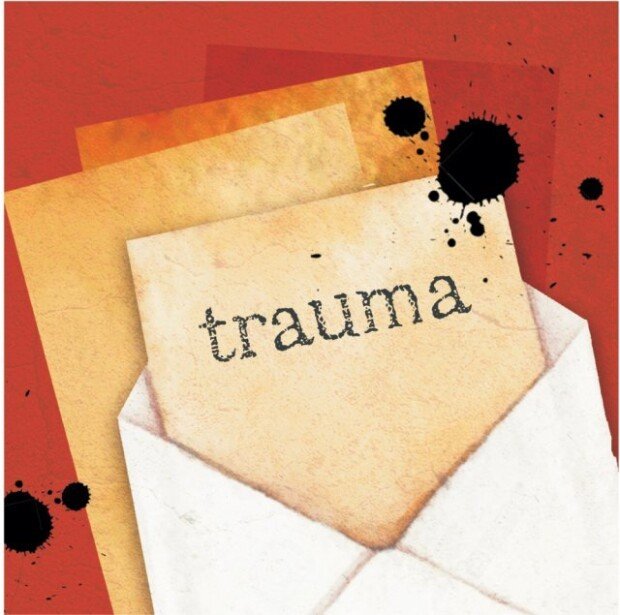Kafka’s letter
Kafka’s letter
Posted February. 24, 2021 07:39,
Updated February. 24, 2021 07:39

Psychoanalyst Dori Laub defines trauma as “an event that has no beginning, no ending, no before, no during and no after.” He emphasized the devastating effect of trauma that holds a sufferer at a past event even after time passes. Franz Kafka’s “Letter to His Father” vividly testifies this.
He wrote the letter in November 1919. The letter is 47 pages long, but the main point is revealed in the first sentence. “You asked me recently why I claim to be afraid of you,” he wrote. A 36-year-old man is afraid of his father. In fact, he was not beaten by his father. More accurately, he did not need it. The loud yelling, face turned purple with rage and shoulder straps untied on a chair sufficed. To him, the signs implying beating was more scarier than actual beating.
His father was that kind of man. One night, young Kafka whined on the bed that he was thirsty. He was just acting like a baby. But his father was furious. He roughly grabbed his son in pajamas, took him to the veranda and closed the door. After that night, the boy often had a nightmare in which his huge father pulled him from the bed and took him to the veranda. The nightmare stayed on even after he became an adult. “My writing was all about you,” he even said to his father in the letter.
It is hard to know how much of his depictions of his father is consistent with the facts. But it seems clear that a wounded child is inside the 36-year-old man. The letter was the boy’s cry. Maybe the cry was the first step of healing. But it never reached his father. His mother returned the letter that Kafka asked to give to his father perhaps because it was too heartbreaking for her. Kafka died five years later. He left the bitter record of his trauma.
Headline News
- Med professors announce intention to leave hospitals starting Thursday
- Bridge honoring Sgt. Moon Jae-sik unveiled in Pennsylvania
- Chief of Staff Chung tells presidential secretaries to stay away from politics
- US FTC bans noncompete agreements
- N. Korea launches cyberattacks on S. Korea's defense companies







